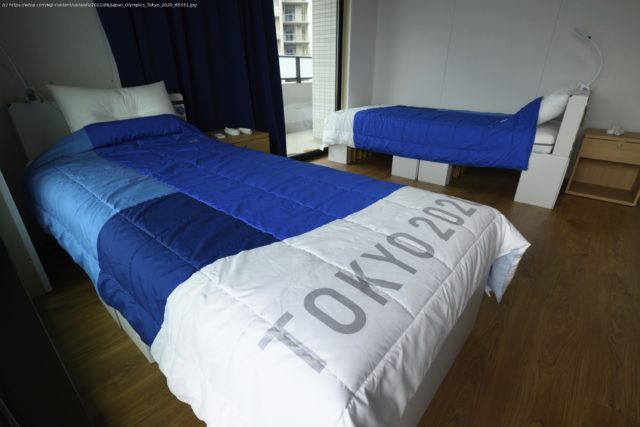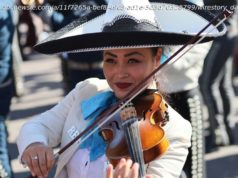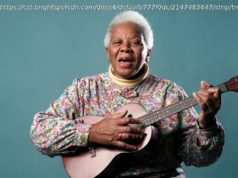TOKYO (AP) — The pandemic-delayed Tokyo Olympics will be like no other when they open on July 23. And they’ll have an idiosyncratic Olympic Village to match.
TOKYO (AP) — The pandemic-delayed Tokyo Olympics will be like no other when they open on July 23. And they’ll have an idiosyncratic Olympic Village to match. Start with the aptly named “Fever Clinic,” a prefabricated complex of isolation rooms inside the sprawling village on Tokyo Bay. This is where PCR tests will be given to athletes or staff suspected of carrying COVID-19. It is a spot nobody will want to visit, unlike the massive dining hall, or the fitness center, or a special “casual dining area” that will serve famous Japanese dishes from okonomiyaki (a savory pancake) to rice balls to teppanyaki (dishes cooked on an iron grill). Athletes will be tested daily in the village, after being tested at least twice before leaving home, and again upon arrival. Any test anomaly in the village could land athletes or staff in the hands of Dr. Tetsuya Miyamoto, senior director of the Medical Services Department for the organizing committee. “If they test positive, then they will be brought over here,” Dr. Miyamoto explained, standing during a media tour on Sunday outside the gun-metal gray walls of the clinic. “This person will undergo another series of tests, taking a sample from the nasal membrane. Then we will analyze the nasal membrane test and confirm if that person really is infected or not.” If so, patients who are asymptomatic or with minor symptoms will be moved to an “isolation hotel” outside the village. The seriously ill will be moved to a hospital. “We are hoping that there won’t be so many people,” Dr.






